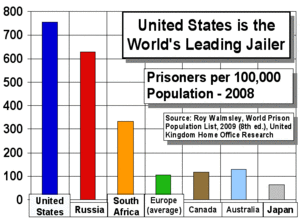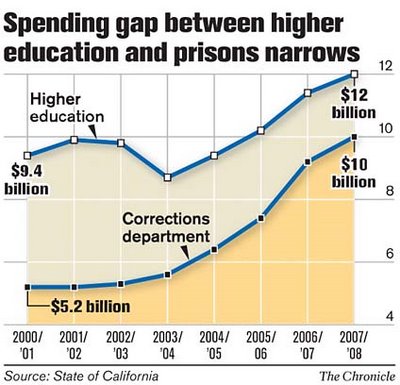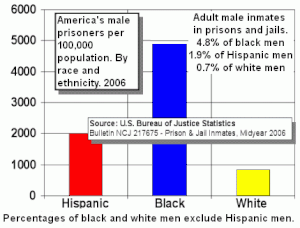Conspiracy, assault with injury, coverup: another Georgia prison guard pled guilty, all in response to a strike by prisoners for decent pay. And remember, private prisons have fewer guards per prisoner and less training.
WTXL wrote yesterday, Ex-prison officer pleads guilty in inmate beatings
Federal prosecutors said Wednesday Darren Douglass-Griffin pleaded guilty to charges of conspiracy to violate the civil rights of inmates and falsification of records in a federal investigation.
Douglass-Griffin admitted he and other correctional officers at Macon State Prison in Oglethorpe assaulted and injured inmates in a series of incidents in 2010. He told prosecutors correctional officers beat three inmates in separate incidents to punish them. One inmate was beaten so badly he had to be taken from the prison in an ambulance.
Douglass-Griffin also said he and other officers tried to cover up the officers’ involvement by writing false reports and lying to investigators.
I say “another” because the federal Department of Justice entitled its PR of yesterday Second Former Georgia Corrections Officer Pleads Guilty to Conspiring with Other Officers to Assault and Injure Inmates. DOJ didn’t say who the first to plead guilty was, but it did add:
Continue reading











